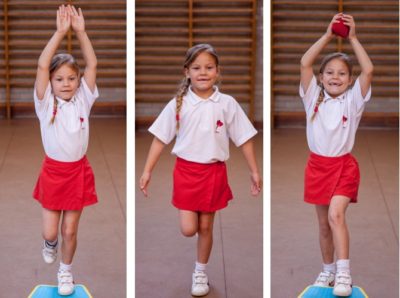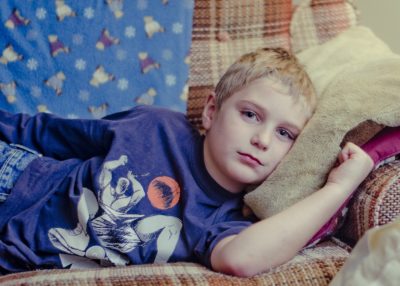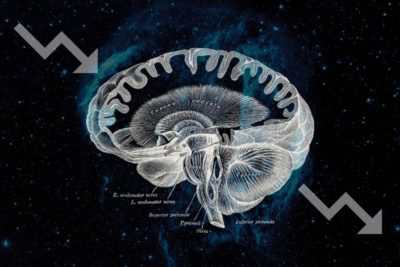Research -- StepUp to Learn
NeuroNet Goes to China!
We recently travelled to China to see how schools in Beijing are using NeuroNet, as well as to share the science behind NeuroNet with parents and teachers in Shanghai.
New study finds younger aged children with symptoms of ADHD have reduced brain
Findings could help determine new ways to predict which children are most at risk for developing ADHD.
Exercise increases brain size, new research finds
Studies in mice and rats have consistently shown that physical exercise increases the size of the hippocampus but until now evidence in humans had been inconsistent.
How Do NeuroNet's Online Nanodegrees for Therapists Work?
How do NeuroNet's online Nanodegrees work for therapists? This post provides an overview of one of NeuroNet's software programs as well the online course experience for therapists.
Screen children with reading difficulties more thoroughly for hearing problems, says new report
Children with reading difficulties should be more thoroughly screened for hearing problems, a new report by Coventry University academics has said.
Lessons in nature boost classroom engagement afterward, researchers report
Third-graders who spend a class session in a natural outdoor setting are more engaged and less distracted in their regular classroom afterward than when they remain indoors, scientists found in a new study.
Intervention offered in kindergarten readiness program boosts children’s self-regulation skills
Adding a daily 20 to 30 minute self-regulation intervention to a kindergarten readiness program significantly boosted children’s self-regulation and early academic skills, an Oregon State University researcher has found.
‘Mind’s eye blink’ proves ‘paying attention’ is not just a figure of speech
When your attention shifts from one place to another, your brain blinks. The blinks are momentary unconscious gaps in visual perception and came as a surprise to the team of Vanderbilt psychologists who discovered the phenomenon while studying the benefits of attention
Spacing out after staying up late? Here’s why
Ever sleep poorly and then walk out of the house without your keys? Or space out while driving to work and nearly hit a stalled car? A new study led by UCLA’s Dr. Itzhak Fried is the first to reveal how sleep deprivation disrupts brain cells’ ability to communicate with each other.
Brain activity buffers against worsening anxiety
Boosting activity in brain areas related to thinking and problem-solving may also buffer against worsening anxiety, suggests a new study by Duke University researchers.
Brain activity is inherited, may inform treatment for ADHD, autism
Every person has a distinct pattern of functional brain connectivity known as a connectotype, or brain fingerprint. A new study conducted at OHSU in Portland, Oregon, concludes that while individually unique, each connectotype demonstrates both familial and heritable relationships.
Bilingual preschoolers have better impulse control, study finds
Preschoolers who speak two languages show less impulsiveness than their single-language peers, say University of Oregon researchers whose project was seeded after they met in a graduate psychology course.












